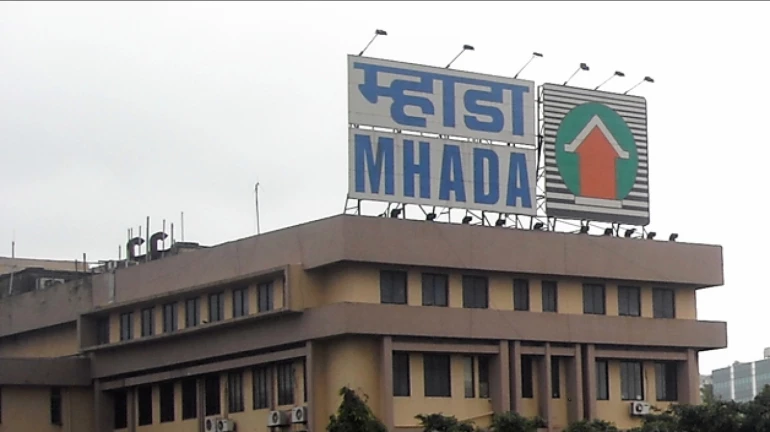
As part of the Maharashtra government's 100-day action plan, an ambitious structural audit initiative has been announced by the Maharashtra Housing and Area Development Authority (MHADA). Under this plan, the structural condition of 1,000 cessed buildings in Mumbai is set to be assessed by March 2025. This initiative has been introduced to ensure the safety of aging structures and facilitate necessary redevelopment.
A recent review meeting was held at MHADA headquarters, where multiple projects under the Mumbai Building Repairs and Reconstruction Board were discussed. It was emphasized by MHADA’s Vice President and CEO, Sanjeev Jaiswal, that the structural audits should be expedited. Officials were directed to appoint structural consultants and systematically plan the evaluation of approximately 13,000 cessed buildings over the next year.
It was stated by a MHADA official that among these 13,000 buildings, an initial batch of 1,000 structures would be audited by March 2025. The rest of the buildings would be evaluated gradually in the following financial year. These cessed buildings, which are old tenanted structures, have been maintained using a nominal tax known as ‘cess,’ which is paid by tenants. The funds collected through this cess have been utilized for building maintenance and repairs under the supervision of the Mumbai Building Repair and Reconstruction Board (MBRRB).
In addition to the structural audit plan, a new online system has been introduced by MHADA to manage lease deeds and building conveyance more efficiently. This digital initiative has been designed to eliminate manual intervention, streamline the process, and provide greater ease for citizens. The new system is expected to enhance transparency while reducing bureaucratic delays. It has been noted by MHADA officials that many of the 114 layouts under the Mumbai Board’s jurisdiction include dilapidated housing colonies, making redevelopment an urgent necessity. Since building conveyance is an essential step in redevelopment, the new system will allow housing societies to submit necessary documents in a standardized digital format. Jaiswal has instructed officials to implement a fully automated system where housing societies seeking conveyance will be required to provide a self-declaration form.
A standard operating procedure (SOP) for lease agreements is also being developed by MHADA to further simplify housing regulations. This initiative has been aimed at creating a uniform process that enables housing societies to complete lease-related formalities through a single-window system. A comprehensive checklist of required documents is also being prepared to ensure smooth and efficient processing.
These efforts are expected to improve housing project management across Mumbai significantly. With the integration of structural audits and digital governance, MHADA has taken a step toward modernizing urban housing, ensuring safer living conditions, and improving service delivery for residents. Through these reforms, a more systematic approach to housing maintenance, redevelopment, and lease agreements is being created, benefiting both tenants and housing societies alike.





